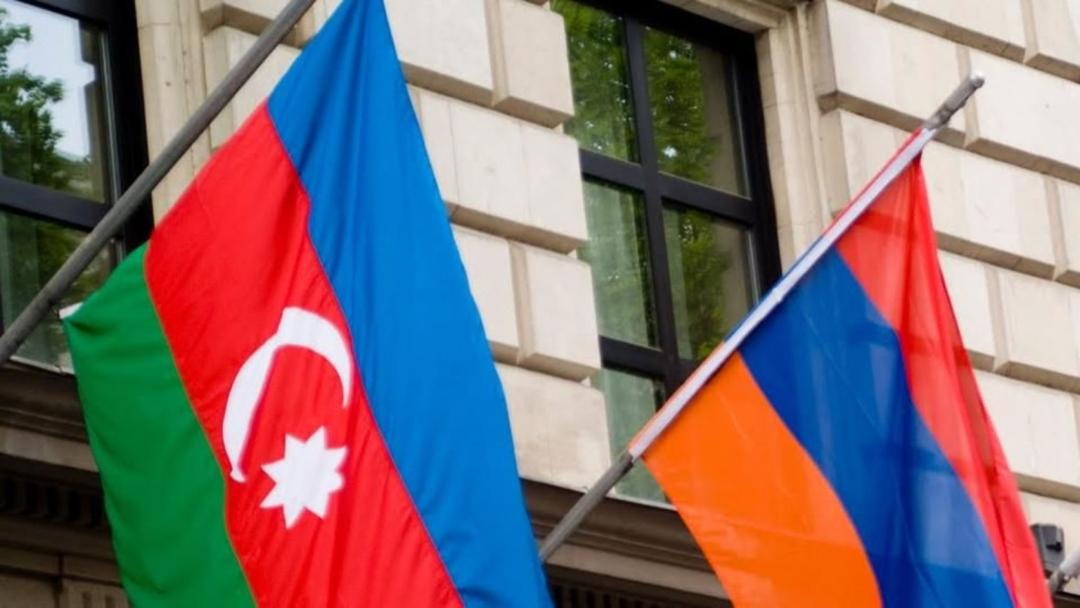
Pashinyan Proposes Strategic Deal with Azerbaijan, Dispels Territorial Claims in Constitutions, and Praises BRICS Summit Participation

During the November 13 government session in the National Assembly, Armenian Prime Minister Nikol Pashinyan emphasized the significance of his recent participation in the BRICS summit, calling it highly effective due to the expansive network of contacts such forums facilitate.
Reflecting on his discussions at the summit, including an extended dialogue with Azerbaijani President Ilham Aliyev, Pashinyan described the conversation as both unusual and productive. While initially uncomfortable, he noted that the exchange was crucial, allowing both sides to share their perspectives openly. Pashinyan suggested that Armenia and Azerbaijan require more than just a peace treaty, advocating instead for a “strategic deal” aimed at fostering lasting peaceful coexistence. “Our concept of a strategic deal is grounded in the idea of a real Armenia,” he explained, while also cautioning that immediate political results should not be expected from these discussions.
Addressing Azerbaijan’s accusations that Armenia’s Constitution contains territorial references to Nagorno-Karabakh, Pashinyan clarified that these claims are based on Armenia’s Declaration of Independence, which is mentioned in the preamble of the Constitution. He noted that Armenia’s Constitutional Court recently ruled that this reference pertains only to provisions explicitly included in the Constitution itself, which does not directly or indirectly mention Nagorno-Karabakh. He emphasized the distinction between the legal weight of the Declaration of Independence, adopted by the Armenian SSR’s Supreme Soviet, and the Constitution, ratified by the citizens of the sovereign Republic of Armenia.
Pashinyan highlighted a similar structure in Azerbaijan’s Constitution, which refers to its 1991 constitutional act that, in turn, cites Azerbaijan’s 1918 Declaration of Independence. This document, he pointed out, includes claims to regions such as Syunik and parts of Vayots Dzor, encompassing nearly 60% of present-day Armenian territory. He argued that, by extension, Azerbaijan’s Constitution could be interpreted as making territorial claims against Armenia.
Emphasizing Armenia’s commitment to peace, Pashinyan stated that his government is not pushing for constitutional amendments, as such actions could jeopardize the peace process. He also referenced a mutually agreed-upon clause in the draft peace treaty, stipulating that neither party can invoke domestic laws as grounds for failing to uphold the treaty. Furthermore, he cited provisions where both sides recognize each other’s territorial integrity, assert that they hold no territorial claims, and commit not to pursue such claims in the future.
In conclusion, Pashinyan reaffirmed that Armenia does not demand any changes to Azerbaijan’s Constitution and sees no need to amend its own in this context.
See Also


Mirzoyan Meets US Deputy Assistant Secretary Joshua Huck

Azerbaijani President Holds Talks with UAE and German Business Delegations on Economic Cooperation

Grigoryan Confirms Armenia’s Readiness to Dissolve OSCE Minsk Group Upon Peace Treaty Signing

Azerbaijani Official Warns of Ecological Risks to Caspian Sea, Similar to Lake Urmia and Aral Sea

